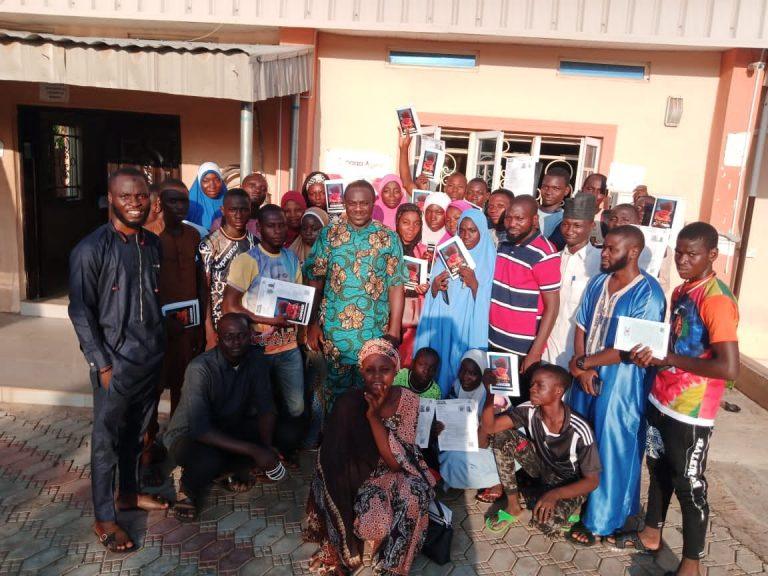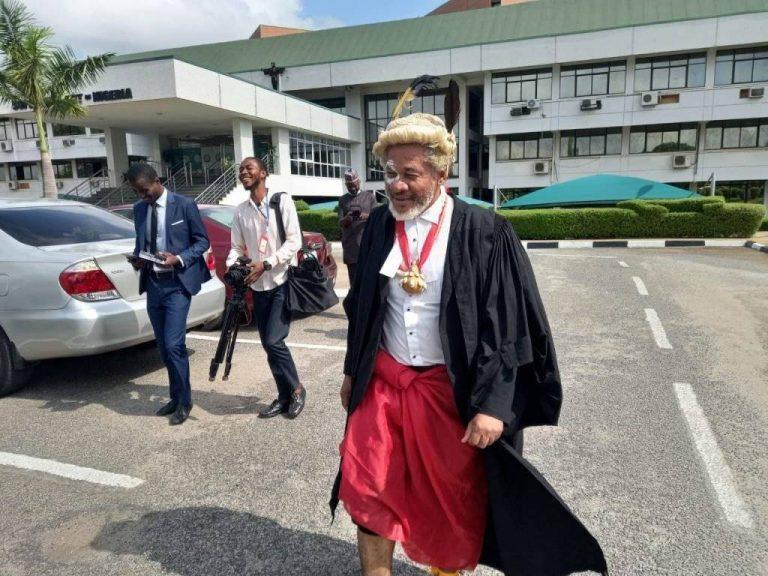29.4m Nigerians abuse drugs, says NDLEA
The National Drug Law Enforcement Agency, NDLEA, has said that no fewer than 29.4 million Nigerians aged between 15 and 64 years abuse psychoactive substances and other dangerous drugs.
Speaking during a ceremony to mark this year’s United Nations international day against drug abuse and illicit trafficking in Awka, the Anambra State Commandant of NDLEA, Mrs. Florence Ezeonye painted a gloomy picture of the situation when she said that one in every four drug user is a female.
She said: “The truth on ground indicates that our society needs to do more in the area of creating awareness of the damaging effects of drug abuse on human health.
“The drug use and health survey of 2018 captured that 14.4% of the country’s drug use prevalence is almost three times the global average of 5.6%. “What is more disturbing is that the drug abuse cuts across all ages, gender, socio-economic status and regions.
“From the survey, 14.3million Nigerians aged 15-64 years use psychoactive substances such as alcohol, caffeine, nicotine and heroine, while 10.6 million abuse cannabis. Also, 4.6million others abuse pharmaceutical opioids such as codeine, tramadol, methamphetamine and morphine, among others.
“It is worrisome to know that drug use was common among those aged 25-39years, the age of initiation for heroin was 22 years, while the age of cannabis sativa was 19 years.
“Notably these age groups comprise of young people who are either in secondary or tertiary institutions, or are on the cusp of graduation.
“To simplify the report of the survey, young people are overwhelmingly the majority of drug abusers in Nigeria”.
She traced the problem to harsh conditions which had driven many into different vices leading to humanitarian and health crises.
She said further: “Most people when faced with difficult situations as we have now, resort to drug use and abuse to apparently overcome their challenges without knowing the end result of their actions.
“There is, therefore, the need for stakeholders at all levels, (local, state and federal government, ministries, department and agencies, traditional and religious institutions, schools as well as citizens to deliberately get involved in this anti-drug campaign to rid our society of drug abuse and illicit trafficking.
“The consequences of drug abuse is a reflection of what we see in our world today. Increase in violent crimes, such as kidnapping, armed banditry, rape, arson, child and human trafficking, terrorism among others.
“Drug abuse and illicit drug trafficking is a global problem and Nigeria couldn’t have been insulated from the scourge.
“This was why the National drug law enforcement agency NDLEA was established in 1989 and charged with the responsibility of enforcing laws against the cultivation ,processing, sale, trafficking, use of narcotics and psychotropic substances and also investigate persons suspected to be dealing in drugs and drug related in its effort at reducing the use, abuse and trafficking of illicit drugs.
“It is a fact that youths are the building blocks of every developed and developing nation and anything that affects the youth population invariably affects the nation.
“The youth constitute the work force, so the stronger the youth population, the stronger the socio-economic prowess of any country. One, then wonders what becomes the future of Nigeria with about 70% of her youth population ravaged by drugs.
“In view of this, I appeal to the state government through the Commissioner for Education to mandate all secondary schools to establish War Against Drug Abuse, WADA, clubs to serve as the focal point through which NDLEA would carry out sensitization and awareness campaigns, trainings, seminars and workshops for students.
“We must all be dedicated to this course to catch them young and reduce the scourge to the barest minimum”.
According to the NDLEA Commander, it is imperative to equip the youths with credible and relevant information on the dangers inherent in drug abuse and trafficking so that whenever they were faced with difficult situation such as peer group influence, social/family pressure, academic pressure, they will be able to take right and healthy decisions.
She explained that the Anambra State command of NDLEA had resolved to take the messageo of the consequences of drug abuse to the nooks and crannies of the state in order to reduce the scourge and achieve a drug free state.
Many secondary schools across the state participated in a quiz programme organized by the agency as part of the event.
Security operatives, including the Nigerian Army, the police, civil defense, immigration service and pharmaceutical companies participated at the programme.







